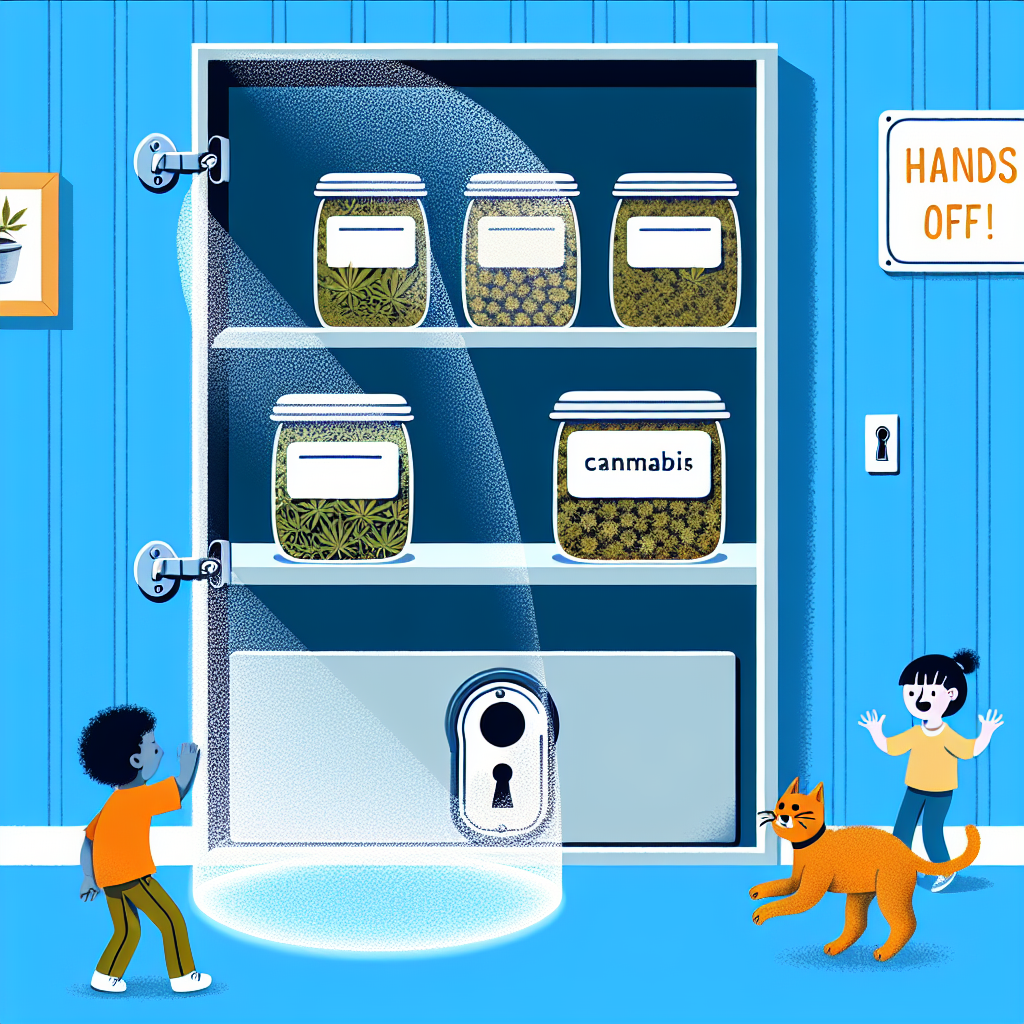The psychotropic and therapeutic characteristics of cannabis have made it a popular plant for human use for many years. The long-term consequences of cannabis usage have been the subject of increasing study in recent years.
The increased risk of psychosis and schizophrenia is one of the most severe long-term consequences of cannabis usage. Cannabis users, especially those who begin using at a young age, have an increased risk of developing specific mental health problems, according to studies. People with a history of psychotic illnesses in their family are at an even greater risk of developing psychosis.
Addiction is another lasting impact of cannabis usage. Regular users of cannabis are more prone to become physically dependent on the substance. This might cause difficulties in your personal, academic, and professional lives.
Cannabis use has been linked to some long-term health problems, including but not limited to addiction and psychosis.
Bronchitis and other respiratory issues can develop from the irritation of the lungs and airways caused by smoking cannabis.
Cannabis use is linked to a higher chance of acquiring mental diseases like mania, psychopathy, depression, and anxiety.
While research on the long-term effects of cannabis usage is still in its infancy, preliminary findings show the herb can have many unfavorable impacts on physical and mental well-being. Think about the benefits your decision to try using cannabis could have.
Cannabis’s Long-Term Consequences
People who start smoking cannabis at a young age are more likely to develop psychosis and become addicted. People with a history of psychosis or addiction are at greater risk of developing these conditions. Cannabinoids in cannabis have different long-term impacts on different people. It’s possible that some people won’t be affected at all, while others could have serious issues. Consult your physician if you have concerns about the long-term consequences of cannabis usage. They can evaluate your risk factors and advise whether or not you should use cannabis.




